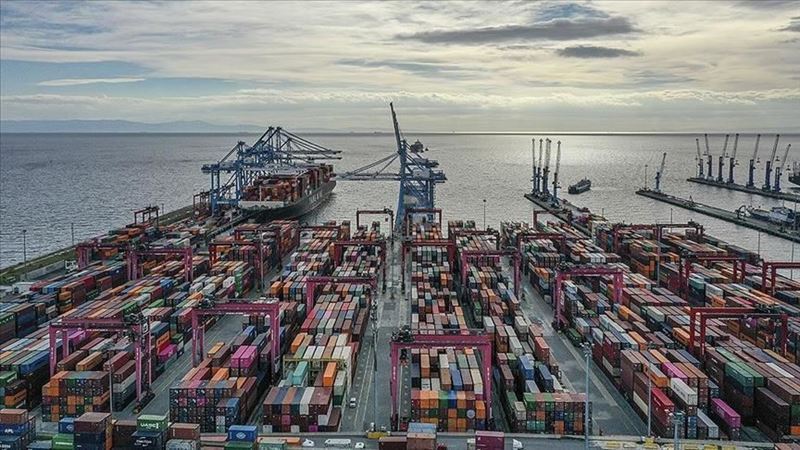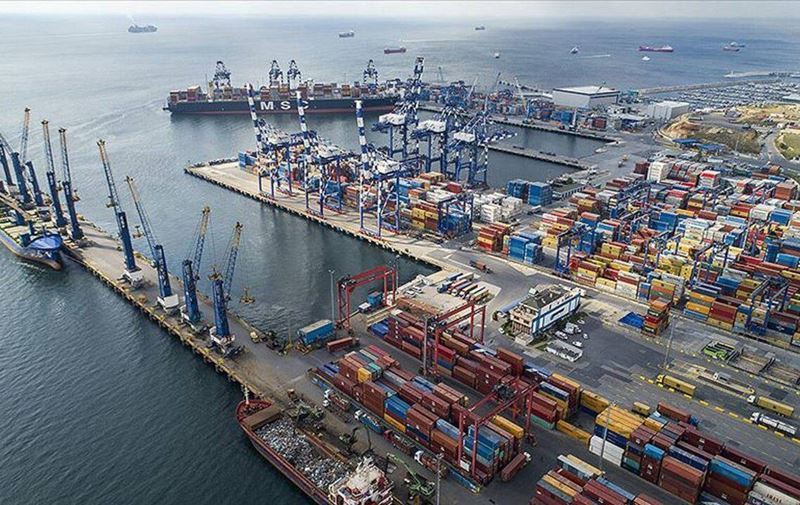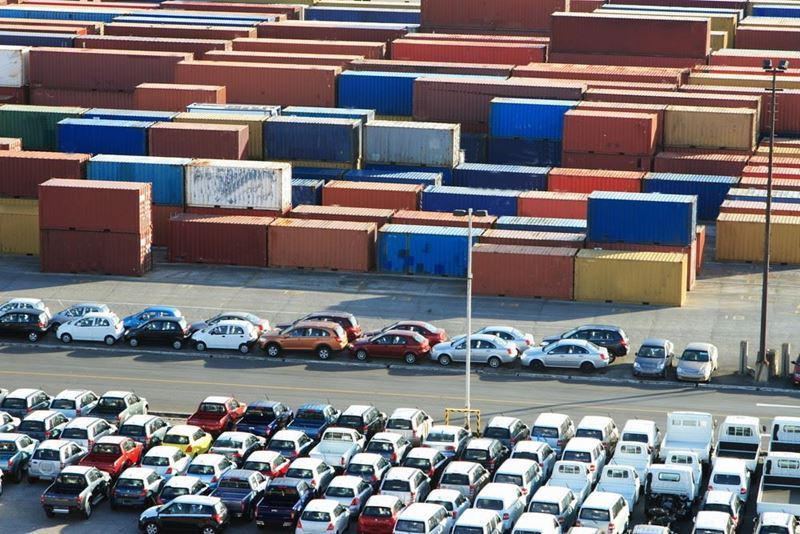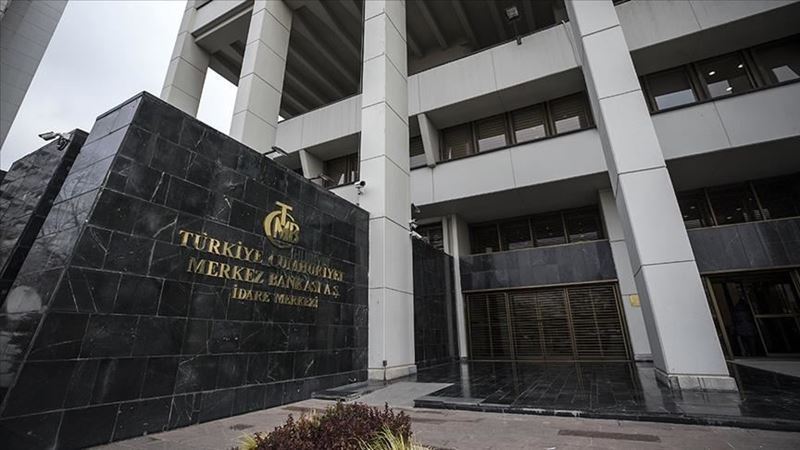According to the information compiled from the "Foreign Trade Logistics" report of the Ministry of Trade, Turkiye, which is a regional center between continents and located on the transition corridor of Europe, Asia, Africa and the Middle East, is in a position to become one of the most important logistics bases in the world.
Turkiye is considered to be among the countries that will benefit most economically from global developments in the sector. The unification of logistics services on transport corridors passing through Turkiye on the east-west and north-south axes, the growth of scales and the creation of transshipment centers for intermodal transportation (the transportation of loads by more than one type of transport) are among the country's global goals.
The country's strategic location offers access to many markets with large volumes of foreign trade. Turkiye's advantageous geographical location, with easy access to Eastern Europe, Central Asia, the Middle East and North Africa, makes it a hub for transportation activities in the region.
Major investments facilitate transportation
While very important projects are being implemented for the development of the logistics sector in Turkiye, work in this field continues. Infrastructure investments such as Istanbul Airport, Yavuz Sultan Selim Bridge, Osmangazi Bridge, Marmaray, 1915 Çanakkale Bridge, Baku-Tbilisi-Kars railway line, high-speed train systems, Turkiye's Logistics Master Plan, liberalization of railway transportation and efforts under the Trade Facilitation Agreement play a facilitating role in national and international transportation activities.
The main objective of transportation-infrastructure investments and expenditures amounting to approximately 183 billion dollars in the last 20 years is to turn Turkiye into a logistics hub and provide a fast and uninterrupted connection between Asia and Europe.
Logistics sector is important for Turkiye
The share of logistics and transportation sector in service exports in Turkiye continues to increase every year. In 2022, 36.6 billion dollars of the 90.5 billion dollars worth of service exports was realized in the logistics and transportation services sector. This ratio reveals the importance of the logistics sector for the country. In the coming period, it is aimed to further increase this amount and reach 40 billion dollars.
The supports provided by the Ministry also have a great impact on the development of this sector. Until the end of 2022, approximately 2.7 million liras was provided to the logistics and transportation services sector within the scope of general supports and approximately 447 million liras within the scope of the Turquality Support Program.
When foreign trade data is evaluated in terms of transportation modes, the sea route ranked first for export transportation in 2022. Of the total exports of 254.2 billion dollars, 59.1 percent was made by sea. Land transportation ranked second with 31 percent, air transportation ranked third with 8.1 percent, and the share of railways was 1 percent. The share of other transportation was 0.8 percent.
The sector needs to be restructured within the scope of green transformation
The European Green Deal announced by the European Union also has implications for the logistics and transportation sector. Here, it is important that products produced with low emissions and energy are transported by vehicles with the lowest possible emissions. This requires a restructuring of the logistics and transportation sector.
Some of the targets set for the transport sector under the European Green Deal are as follows:
"Adopt a sustainable and smart mobility strategy, support green vehicles and alternative fuels (biodiesel, bioethenol). Focus on investing in low and zero emission vehicles. Less polluting transportation models will be emphasized. 75 percent of land transportation will be transferred to railways and inland waterways. Aviation emissions will be reduced."









Comments
No comment yet.